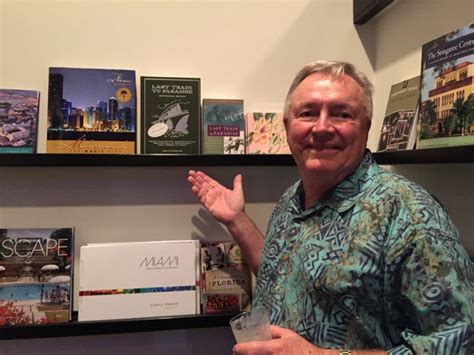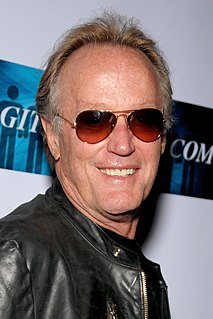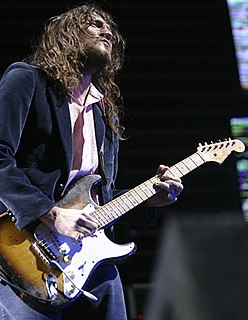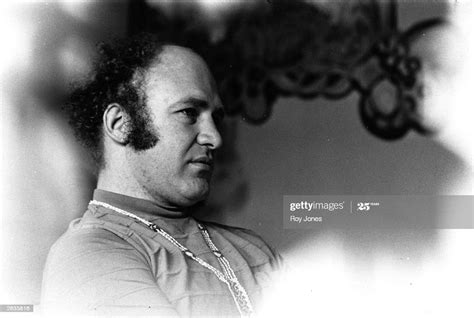A Quote by Les Standiford
And while dollars have little to do with it, the fiction writer should be asking the same question any capable film producer would ask: Is this scene truly necessary? It is the kind of thinking that, put into practice, results in a story with a sense of energy and direction.
Related Quotes
Any story that gets us thinking, and particularly young people, thinking why? Whether it's as a result of reading the book, or coming out of the theatre or the cinema, I think we should just simply be asking the question 'why'? Why did it happen to those people? Was it necessary? And anything that gets us thinking like that is really important.
Because the writer must be a participant in the scene, while he's writing it — or at least taping it, or even sketching it. Or all three. Probably the closest analogy to the ideal would be a film director/producer who writes his own scripts, does his own camera work and somehow manages to film himself in action, as the protagonist or at least a main character.
If you ask a living teacher a question, he will probably answer you. If you are puzzled by what he says, you can save yourself the trouble of thinking by asking him what he means. If, however, you ask a book a question, you must answer it yourself. In this respect a book is like nature or the world. When you question it, it answers you only to the extent that you do the work of thinking an analysis yourself.
Love is the capacity to take care, to protect, to nourish. If you are not capable of generatng that kind of energy toward yourself - if you are not capable of taking care of yourself, of nourishing yourself, of protecting yourself - it is very difficult to take care of another person. In the Buddhist teaching, it's clear that to love oneself is the foundation of the love of other people. Love is a practice. Love is truly a practice.
It’s, it’s like I’m in the fourth dimension and somebody is asking me to describe it verbally and that’s what the fourth dimension is all about, is no words, no symbols, no images, all pure, real energy and vibrations. And, and if I thought about how cruel of a world this is, I would probably just commit suicide after a while, if that was what I spent my energy thinking about. I would definitely not have any strength left to create music.



































